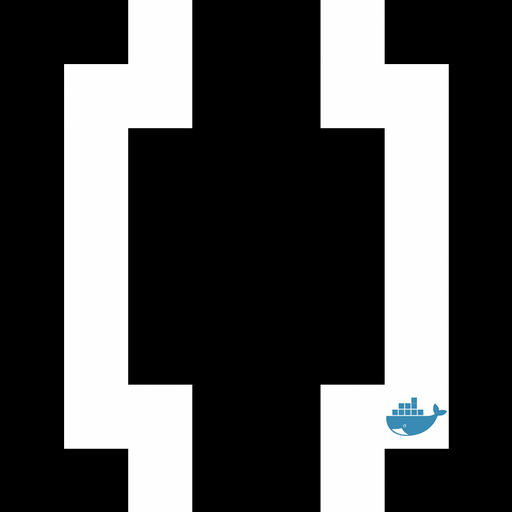[et_pb_section fb_built=”1″ _builder_version=”4.16″ global_colors_info=”{}”][et_pb_row _builder_version=”4.16″ background_size=”initial” background_position=”top_left” background_repeat=”repeat” global_colors_info=”{}”][et_pb_column type=”4_4″ _builder_version=”4.16″ custom_padding=”|||” global_colors_info=”{}” custom_padding__hover=”|||”][et_pb_text _builder_version=”4.16.0″ background_size=”initial” background_position=”top_left” background_repeat=”repeat” hover_enabled=”0″ global_colors_info=”{}” sticky_enabled=”0″]
For my maiden post on the Docker blog, I’m honored and excited to announce that the team over at InfoSiftr is now officially part of Docker! 🎉
We originally assembled our InfoSiftr team in 2010 around the idea of an information aggregation and filtering product (the name makes more sense now, right? 😂). While developing that product, we accepted a lot of contract and consulting work to help pay the bills and bootstrap the company. As luck would have it, we ended up being much more successful in that arena than with the product we were creating, and it eventually ended up taking over our business completely. Sometime in 2013, we heard about this interesting little open-source project that these folks at dotCloud were calling “Docker.” I soon began evaluating it for our internal needs and the needs of our customers.
Though I’d initially dismissed Docker’s website as mostly hype (whoops! 🙈), I did eventually take a deeper look. The more I read, the more I liked (and frankly, the more I kept finding weirdly-beneficial use cases 😅)!
I got involved in the open-source project shortly thereafter—particularly examining the tooling for building Docker itself (I was running Gentoo Linux as my daily driver at the time, which meant I needed to build from source to even properly try it out 😶). Over time, that involvement saw me become a trusted contributor and, eventually, a maintainer on the project (especially around the aforementioned build tooling). My project roles have always been a little eclectic, such as helping manage any incoming GitHub issues, the IRC presence, (IRC! 😄) project meetings, “packagers” relations, and more. However, one constant was probing around questions of base images—at a time when docker run base gave you a home-grown Ubuntu image that hadn’t been updated in quite some time 😬.
Naturally, this particular obsession of mine inspired Docker and InfoSiftr to build a deeper relationship in 2014. This allowed us to help create and maintain trusted Docker content.
The Docker Official Images program provides high quality, trusted images through conscientious review, timely updates, and periodic rebuilding. With a focus on free and open-source software, it’s grown to include over 100 community maintained images. Currently, there are over 1,600 unique image tags built across 11 platform-and-architecture combinations.
Throughout our years-long partnership with Docker, we’ve come to embrace Docker’s vision and goals. We also believe we can make a difference together by helping developers build great applications. In this next chapter of our Docker adventure, we’re delighted that we get to support the Docker community by creating trusted, high-quality content. We strongly believe that granting developers access to high-quality content helps them achieve their loftiest goals.
[/et_pb_text][/et_pb_column][/et_pb_row][/et_pb_section]
